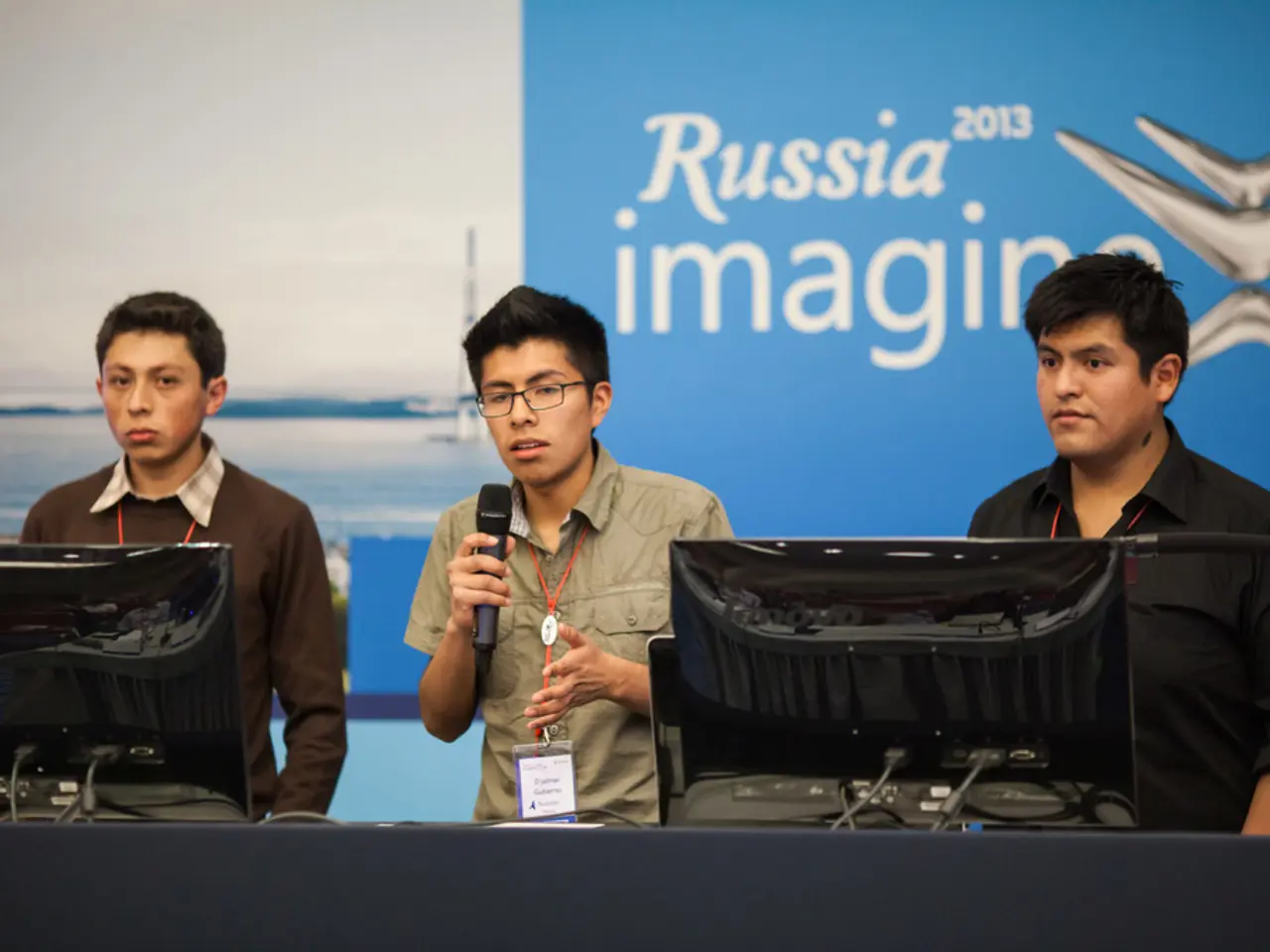Restrictions Tighten on Incoming Semiconductor Exports to the U.S.
In a move aimed at preventing advanced AI technologies from falling into the wrong hands, the Biden administration has introduced new export controls on AI chips and related technologies. These measures have raised concerns among tech giants Nvidia and Oracle, who argue that the restrictions could hinder their ability to operate competitively and serve key markets, particularly China.
The new regulations divide countries into three tiers for exports of advanced processors and AI solutions. Tier 1 includes allied states such as Australia, Japan, South Korea, and Taiwan, and they face no new restrictions. Tier 2 includes 120 nations, including Singapore, Israel, Saudi Arabia, and the UAE, and they will encounter limits on the amount of computing power they can purchase. Tier 3 imposes a complete ban on receiving the technology on Russia, China, and Iran.
One of the main concerns raised by Nvidia and Oracle is the restrictive impact on their ability to export AI chips vital for their growth and competitiveness, particularly in important markets like China. The companies also caution that even moderately advanced chips like Nvidia’s H20 can substantially enhance AI capabilities, creating regulatory uncertainty and compliance challenges.
Moreover, the tech giants argue that the prior AI diffusion export restrictions, implemented toward the end of the Biden administration, burdened their business operations and innovation efforts. In response, the Trump administration proposed replacing that framework with its own "bold, inclusive strategy," aiming for tighter controls on chip shipments especially via intermediate countries such as Malaysia and Thailand to prevent semiconductor smuggling to China.
Nvidia's Vice President of Government Affairs, Ned Finkle, stated that the new measures threaten to disrupt innovation and economic growth worldwide and undermine America’s leadership. Ken Glueck, Executive Vice President at Oracle, argued that the changes amount to overregulation rather than safeguarding the interests of the U.S., its partners, and allies.
The new rules cap exports of GPUs at 790 million TPP until 2027, which is roughly equivalent to 50,000 Nvidia H100 chips. U.S.-headquartered suppliers are allowed to deploy up to 50% of their computing capacity outside the country. The restrictions also introduce mandatory licenses for certain chips.
Elon Musk's Neuralink, for instance, has launched the most powerful AI training system in the world, Colossus, using 100,000 Nvidia H100 GPUs. However, under the new rules, such a project could face significant challenges in terms of acquiring the necessary resources.
The Biden administration has opened a 120-day comment period for the new rules, allowing companies and stakeholders to voice their concerns and propose solutions. Some companies, such as Amazon Web Services and Microsoft, are exempt from the new limitations due to specific licensing requirements.
The U.S. intends to track and control who uses its technology, with the aim of denying other countries access to advanced technologies, particularly AI solutions. This move comes amidst increasing tensions between the U.S. and China, with China initiating an antitrust investigation into Nvidia in December, and earlier, Chinese military-affiliated institutes using Meta's publicly available AI model to develop a tool potentially suited for military applications.
As the debate continues, tech giants and policymakers alike grapple with striking a balance between U.S. security interests and commercial and technological competitiveness. Clearer, more predictable rules that address these concerns are eagerly anticipated.
- The new regulations have raised concerns among tech companies like Nvidia and Oracle, as they believe the restrictions on data-and-cloud-computing technologies and advanced processors could impact their growth and competitiveness in markets like finance and industry, particularly China.
- The Biden administration's move to cap exports of GPUs at 790 million TPP until 2027 could cause challenges for companies like Elon Musk's Neuralink, which utilizes significant data-and-cloud-computing resources, such as the powerful AI training system Colossus, that requires 100,000 Nvidia H100 GPUs, in areas such as industry and finance.




